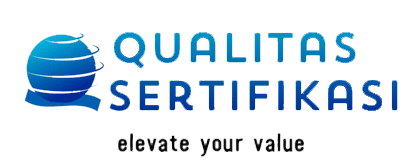Understanding Plastic Credit, the PPRS Way
In recent years, the global community has scaled up efforts to counter plastic pollution that is everywhere and threatens ecosystems and human health. Among various strategies, one innovative approach gaining traction is the concept of plastic credits.
Examples of such initiatives include the Plastic Pollution Reduction Standard (PPRS) from PCX Solutions, which enables companies to offset their plastic footprints through plastic credits. This system not only incentivizes responsible ways of waste management; it encourages accountability and promotes transparency in tackling plastic pollution.
But what exactly are plastic credits, and how do they work under the PPRS?
What are Plastic Credits?
Plastic credits work similarly to carbon credits in that they are a quantifiable unit of plastic waste collected, recycled, or otherwise removed from the environment. These can then be bought by companies or organizations to offset their plastic footprint, thereby contributing to reducing plastic waste.
The PPRS
The Plastic Pollution Reduction Standard (PPRS) is a globally recognized framework developed by PCX Solutions to address the growing challenge of plastic waste. It sets rigorous guidelines for the recovery, processing, and accountability of post-consumer plastic waste, enabling the issuance of verified plastic credits. The PPRS ensures transparency, traceability, and measurable environmental impact through its structured processes and third-party validations.
The Mechanism Behind Plastic Credits within PPRS
It typically involves four major players in the process:
- Aggregator: A person or organization, either governmental or non-governmental, that collects post-consumer plastic waste from different sources and consolidates it for delivery to processors.
- Processor: Any organization that receives, treats, or transforms post-consumer plastic waste into other useful forms through material or energy recovery (End-of-Waste).
- Verification and Validation Body (VVB): A third-party organization, independent from PCX Solutions and the Project Partner, which has been accredited by PCX Solutions to conduct validation and verification of Projects for the purpose of assessing conformance with the PPRS. PCX Solutions also engages a VVB to verify the credits pre-issuance. The VVB engaged to conduct impact verification is referred to as the "Impact Verification Auditor."
- Plastic Credit Buyer: A person, organization, or company involved in plastic pollution reduction, avoidance, and/ or liability (i.e. by purchasing plastic credits).
The Process of Plastic Credit Issuance
The PPRS plastic credit system is based on a highly detailed and transparent issuance process:
1. Collection and Processing of Plastic Waste
The journey starts at the collection and processing of plastic waste. The project partners at this stage must take due care that the waste being handled conforms to the requirements of the PPRS.
2. Submission of Chain of Custody Documents
The project partner, after collection, needs to send in detailed chain of custody documents to the PPRS Registry. These chain of custody documents shall contain:
- Control numbers or document IDs
- Quantities being claimed and weighing equipment identifiers
- Name of the entity issuing the certification/document
- Names and signatures of the parties involved
- Type of inputs (feedstock type—i.e. flexibles, rigids, PET, LDPE, etc.)
- Output descriptions and destination
- The stakeholders involved (i.e. received from and transferred to)
- Date of issuance of the record
- Dates of receipt of feedstock/collection and pre-processing and completion of End-of-Waste processing
3. Impact Verification
PCX Solutions verifies the records submitted to ensure completeness and that they reflect what has been validated in the project documents. Once the records are complete, they are forwarded to a third-party VVB for impact verification. The VVB verifies that the records are accurate, consistent, and traceable. Any discrepancies found have to be subject to corrective action by the project partner.
4. Assignment of Serial Number (SN)
Positive verification by the VVB, PCX Solutions assigns a unique serial number to each eligible ton of plastic recovered, which contains critical information about the project's impact and source.
5. Plastic Credit Certificate Issuance
Plastic Credit Certificates (PCC) facilitate the transfer of ownership of Plastic Credits and their corresponding serial numbers from the Project Partner to the Plastic Credit Buyer. Since PCX Solutions does not engage in selling plastic credits, the Project Partner or its designated platform/intermediary is responsible for providing PCX Solutions with the Plastic Credit Buyer details (organization and quantity of credits purchased).
These details will be reflected on the PCCs and in the PPRS Registry upon the retirement of the Plastic Credits. The PCC will include all serial numbers of the assigned Plastic Credits for transfer to a specific Plastic Credit Buyer.
6. PCX Solutions Supply Registry Credit Retirement
Once a PCC is issued, the respective serial numbers and plastic credits are retired in the PPRS Registry, hence a public registry providing perfect transparency and avoiding any cases of double counting.
As of now, there is no globally accepted method for Plastic Credits trading. Hence, PPRS Plastic Credits are non-tradeable, with ownership transfer possible only once (i.e., from the Project Partner or its platform/intermediary to the Plastic Credit Buyer).
Plastic Credit Generation
PPRS-registered Projects can generate one (1) plastic credit for one metric ton (MT) of post-consumer plastic waste with documented collection and End-of-Waste processing. These credits can only be generated within the scope for which the project was validated by its Verification and Validation Body (VVB).
Benefits and Challenges
The value of plastic credits will lie in their provision of an added financial incentive in attempts at waste management, especially increased recycling rates, and for developing more advanced technologies in waste processing. Plastic credits could also be one avenue through which companies achieve their sustainability goals and improvement in their corporate social responsibility profiles.
Yet, the system is not without its challenges. How to ensure integrity and transparency about plastic credits becomes paramount. There needs to be strong verification processes in place so that fraud cannot occur, and actual reductions in plastic waste, which are claimed to be disposed of, materialize and get measured out. The long-term viability of this emerging market also remains to be seen.
The Future of Plastic Credits
Even given this difficult context, plastic credits also hold great promise: it is a market-oriented model that fuels innovation and accountability regarding the environment. As many firms are committed to reduced plastic footprints, it will increase demand for plastic credits, thus driving even greater improvements in waste management.
To learn more about the PPRS, please visit our website or give us a call!
Recent posts
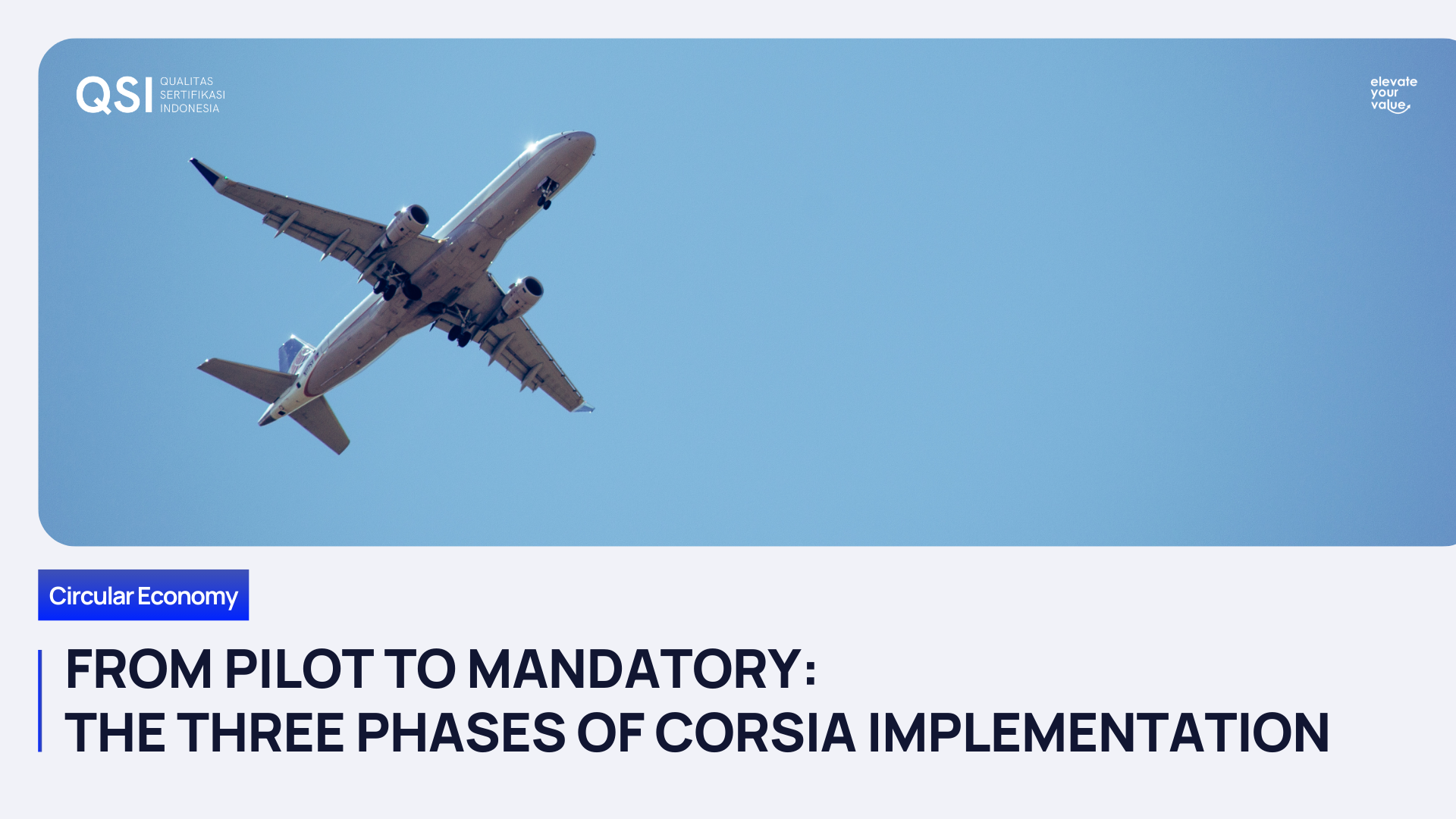
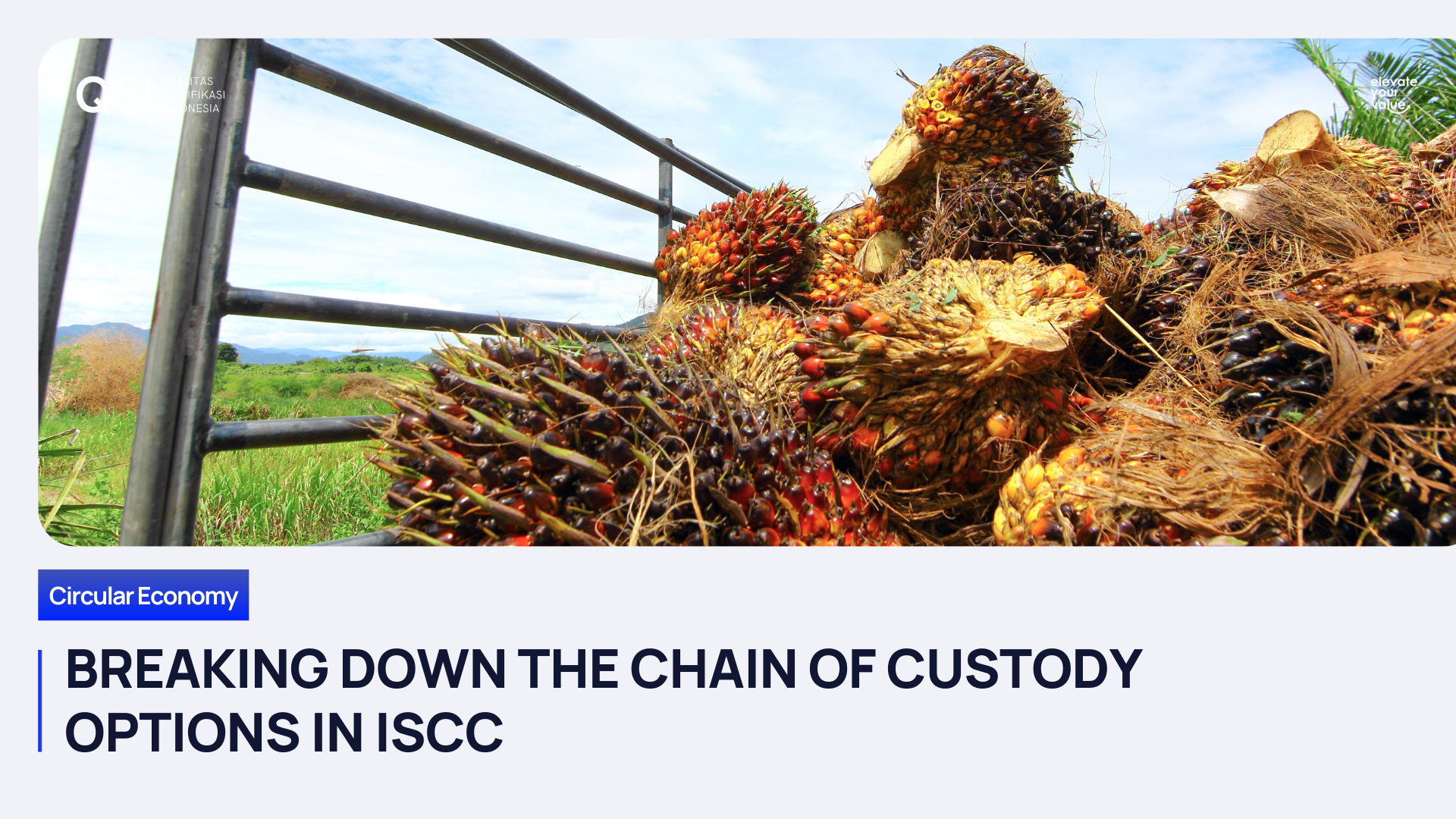
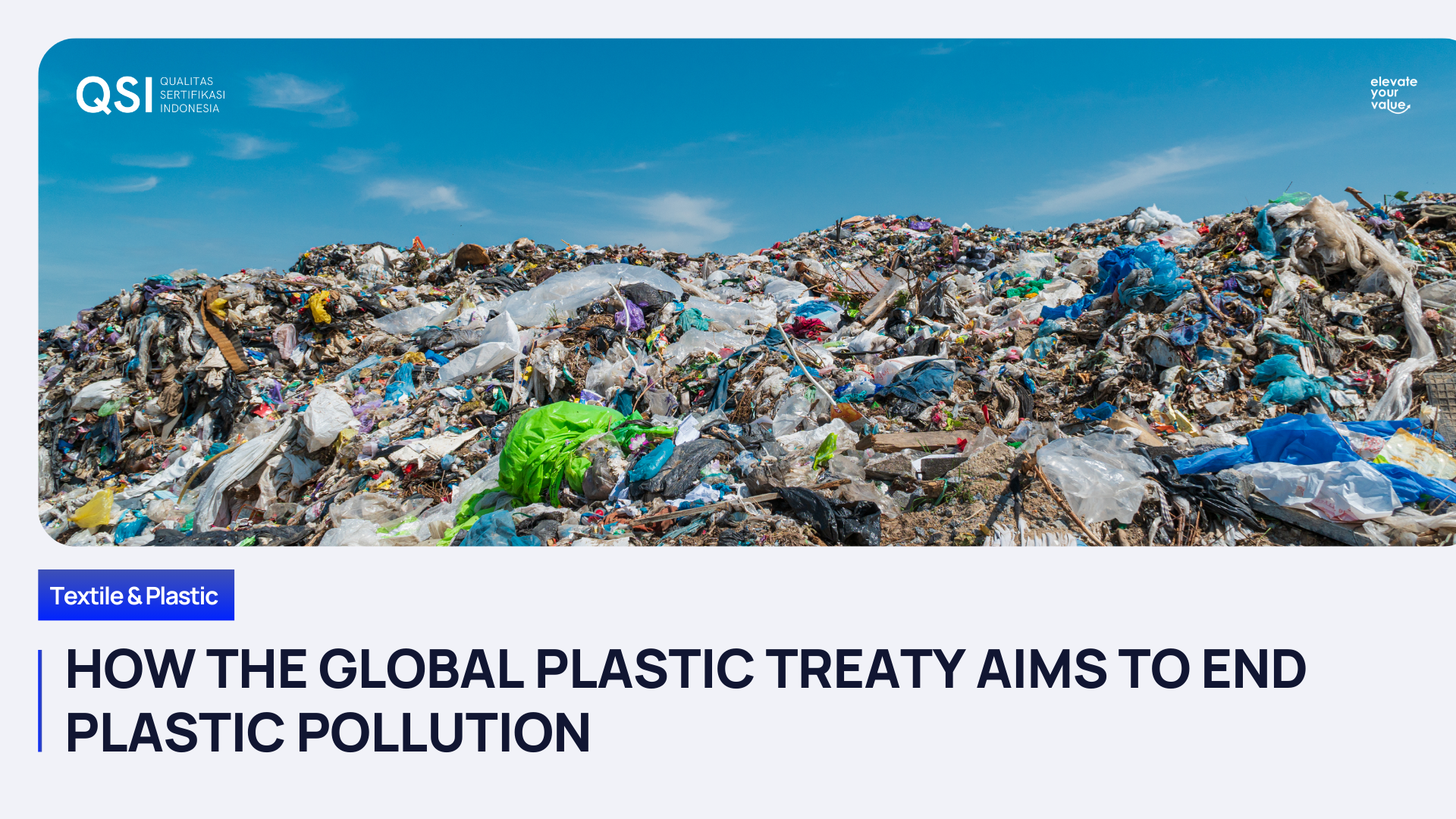
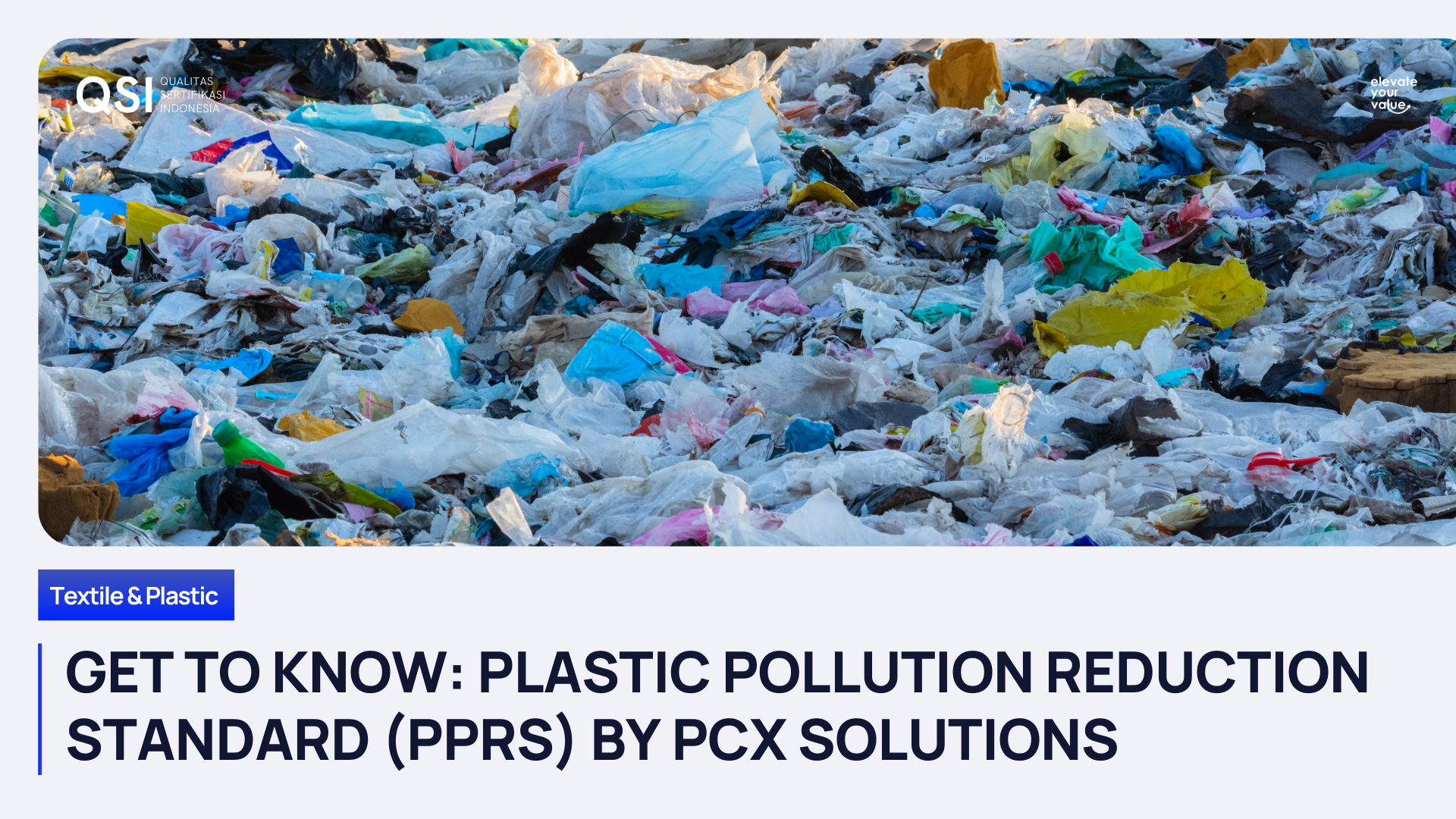
Drop us a line
Contact Us
We will get back to you as soon as possible.
Please try again later.
Share



General Inquiries
Phone
+62 21 2949 1946
Headquarter
The CEO Building, Level 12th
Jl. TB Simatupang No. 18C
Cilandak Barat, Cilandak
Jakarta Selatan, DKI Jakarta 12430
Indonesia
Operational
Menara Sun Life, 7th Floor
Jl. Dr. Ide Anak Agung Gde Agung Blok 6.3
Kuningan Timur, Setiabudi
Jakarta Selatan, DKI Jakarta 12950
Indonesia
Programs
Quick Links
Qualitas Sertifikasi Indonesia
PT Qualitas Sertifikasi Indonesia
